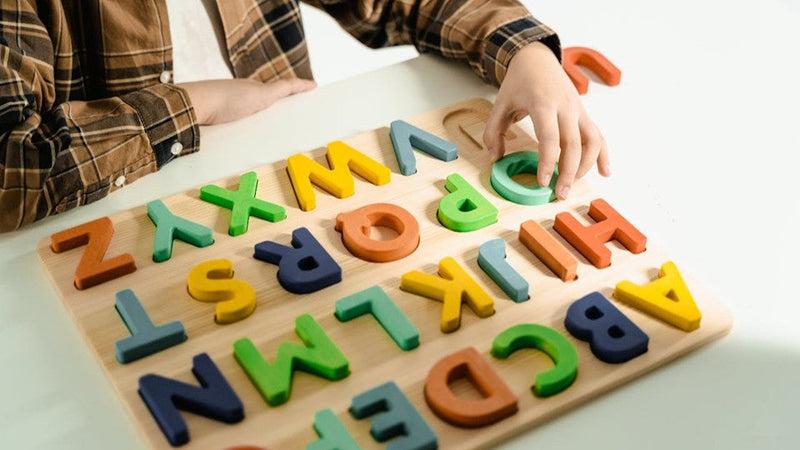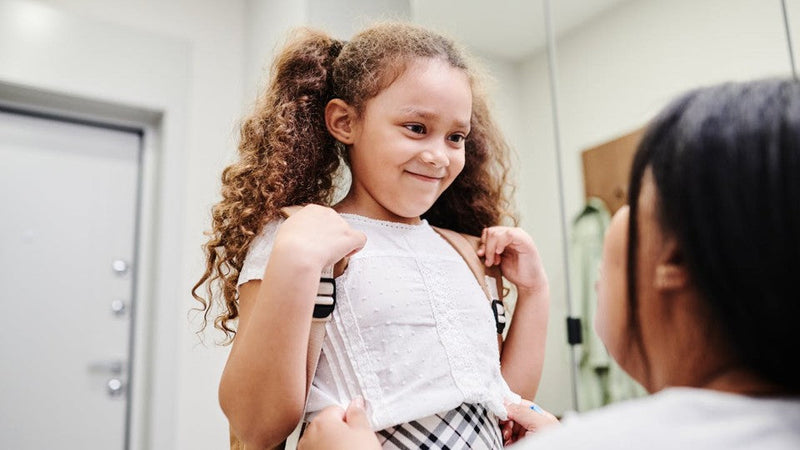

Why Routine Is Important for Young Kids: Creating Calm, Confidence, and Connection
Young children thrive on structure and predictability. While adults may crave spontaneity and flexibility, children feel safest and most secure when they know what to expect. Establishing daily routines doesn’t just keep the day on track—it helps kids feel confident, reduces tantrums, and supports healthy development in all areas of life. Here's why routines matter so much and how you can build them into your family life.
1. Routines Build a Sense of Security
Routines create a predictable world that helps young children feel safe. When they know what comes next—whether it's lunchtime after playtime or a bedtime story after brushing teeth—they feel more in control and less anxious.
- Consistency = Comfort. A predictable schedule helps children manage transitions, like leaving the house or going to sleep, with less resistance.
2. They Support Emotional Regulation
Routines provide natural “anchors” throughout the day that help children manage big emotions. Knowing when meals, naps, or quiet time will happen gives them tools to self-regulate and prepare emotionally.
- Example: A child who knows nap time is always after lunch is less likely to fight sleep—they’ve come to expect and accept it.
3. Routines Build Independence and Responsibility
When children follow the same steps each day, they begin to anticipate what comes next and start doing things on their own—like putting on shoes, brushing teeth, or cleaning up toys. This builds confidence and encourages independence.
- Tip: Use picture charts or songs for routines like “Getting Ready in the Morning” to guide young children without constant reminders.
4. Routines Strengthen Family Bonds
Daily rituals like family meals, evening storytime, or morning cuddles create moments of connection. These shared routines become the building blocks of family traditions and childhood memories.
- Bonus: These moments offer opportunities to model values, communication skills, and empathy.
5. Routines Support Healthy Habits
Regular mealtimes, bedtimes, and playtimes help shape good habits early. When routines include healthy food, sleep, hygiene, and movement, they build a strong foundation for physical and mental well-being.
- A predictable bedtime routine = better sleep. And better sleep = better moods and learning the next day!
Tips for Building Routines
- Start small – Focus on one part of the day (like bedtime) and gradually build from there.
- Be flexible – Life happens! Routines work best when they allow for occasional changes.
- Use visual aids – Charts, drawings, or magnetic boards help young kids understand what comes next.
- Keep it simple – Short, consistent steps are easier for kids to remember and follow.
Conclusion
Routines are powerful tools that help young children feel safe, confident, and capable. They support emotional regulation, encourage independence, and strengthen family connections. With a little structure and a lot of love, you can create daily rhythms that help your child thrive—one predictable moment at a time.















